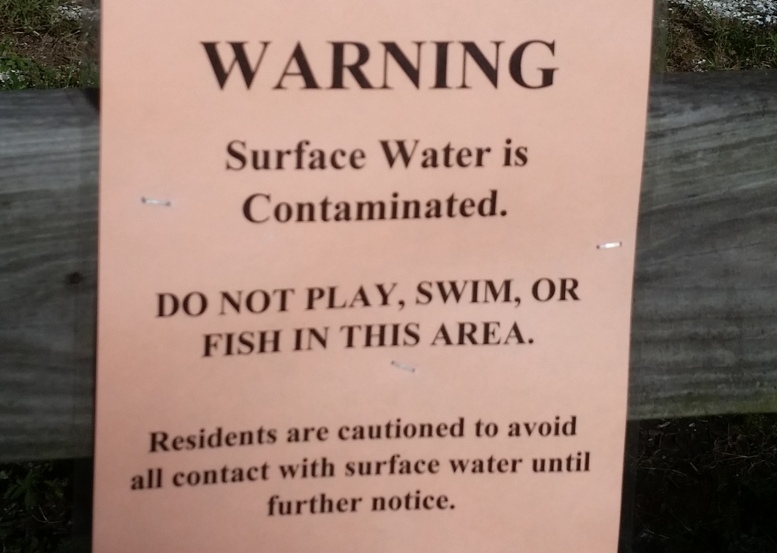
Because of flooding from Tropical Storm Colin this week several cities in Pinellas County urged residents to stop using the sewer systems and had to release partially treated wastewater into the open water.
Beginning at 4:00 p.m Tuesday the City of St. Petersburg discharged partially treated wastewater into Tampa Bay about one-quarter of a mile east of the Albert Whitted wastewater facility. The city urges residents to “avoid contact with the water in that area of Tampa Bay.”
The Mayor of the City of St. Pete Beach said Tuesday its sanitary sewer pipe and pump station system were “completely full and cannot accept any additional flow.” She urged all St. Pete Beach residents and businesses “to stop using the sanitary sewer system” including “showers, baths, laundry, dish washing and any other use of water that enters the sanitary sewer system.” Some untreated wastewater flowed into Boca Ciega Bay.
And for a short time Tuesday Pinellas County Utilities asked its customers in Madeira Beach to stop using water that drained to the sewer system because of blockages.
WMNF News interviewed Jennifer Rubiello, director of Environment Florida, about these wastewater discharges.
“Every time we have a major storm event or often times when there’s a lot of heavy rainfall in the area, one thing that happens is the rain falls to the ground and then ultimately takes all the pollutants that are on the groundand all that gets eventually swept away into the bay or into the ocean. That, plus certainly an overwhelming of the sewage infrastructure, our system here in the city, can definitely be problematic and put some of our drinking water and our water, here locally, at risk.
The City of St. Petersburg says it has notified the EPA of its wastewater release into Tampa Bay and “will sample the discharge water to document the quality of that water.”
Storms last summer caused large releases of wastewater into Tampa Bay and Clam Bayou leading to beach closures in Gulfport and elsewhere.
Leave a Reply










